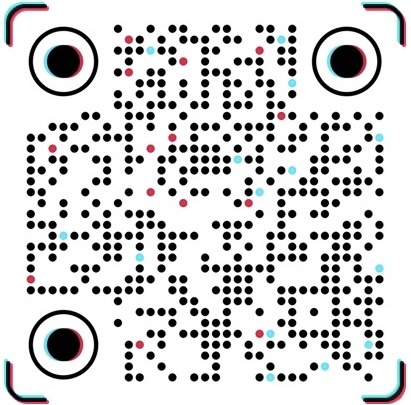Is the wire mesh layer in wired glass prone to oxidation? Choosing the right material ensures greater durability—Shenzhen-based custom manufacturer of wired glass screens.
Release time:
Nov 14,2025
When purchasing wired glass for decorative partitions and background walls, it’s common to encounter issues such as metal wire oxidation turning black, wire layers shifting out of place, or the glass cracking—problems that compromise both aesthetics and safety.

Wired glass relies on the metal wire material and encapsulation process; high-quality products use 304 stainless steel wires that fit snugly against the glass without shifting.
Key procurement controls: First, assess the quality of the wire material—stainless steel wire should be free of rust, and a magnet test should confirm it’s non-magnetic (ruling out iron wire). Second, verify the sealing and assembly quality—ensure the metal wires are neatly arranged, with no protrusions or shifts.

Third, for strength testing, tempered wire-in-glass is selected, offering superior impact resistance. Suitable applications: Choose fine-wire mesh for light-luxury-style partitions, and opt for thick-wire mesh when creating industrial-style feature walls.
Note: For humid environments, select corrosion-resistant coated filaments and require manufacturers to conduct salt-spray rust-proofing tests.
#Wired Glass #Wired Glass Procurement #Tempered Wired Glass #Decorative Wired Glass #Partition Glass
Related News
Share to
Fill in your requirements
Copyright © 2024 China Guangdong Haibo Safety glass Technology Co., Ltd
COOKIES
Our website uses cookies and similar technologies to personalize the advertising shown to you and to help you get the best experience on our website. For more information, see our Privacy & Cookie Policy
COOKIES
Our website uses cookies and similar technologies to personalize the advertising shown to you and to help you get the best experience on our website. For more information, see our Privacy & Cookie Policy
These cookies are necessary for basic functions such as payment. Standard cookies cannot be turned off and do not store any of your information.
These cookies collect information, such as how many people are using our site or which pages are popular, to help us improve the customer experience. Turning these cookies off will mean we can't collect information to improve your experience.
These cookies enable the website to provide enhanced functionality and personalization. They may be set by us or by third-party providers whose services we have added to our pages. If you do not allow these cookies, some or all of these services may not function properly.
These cookies help us understand what you are interested in so that we can show you relevant advertising on other websites. Turning these cookies off will mean we are unable to show you any personalized advertising.








